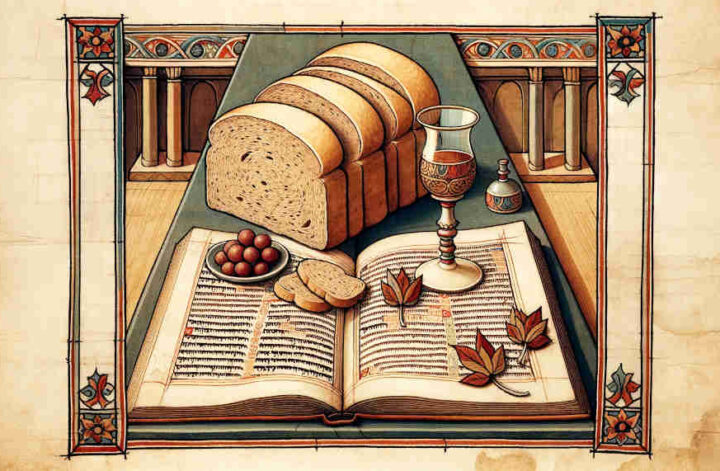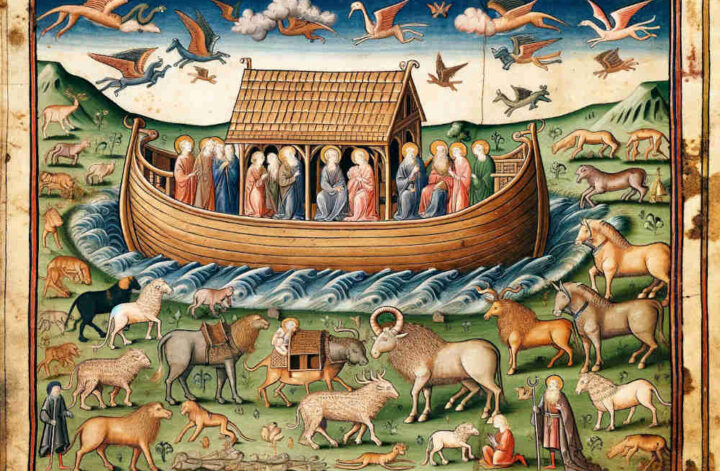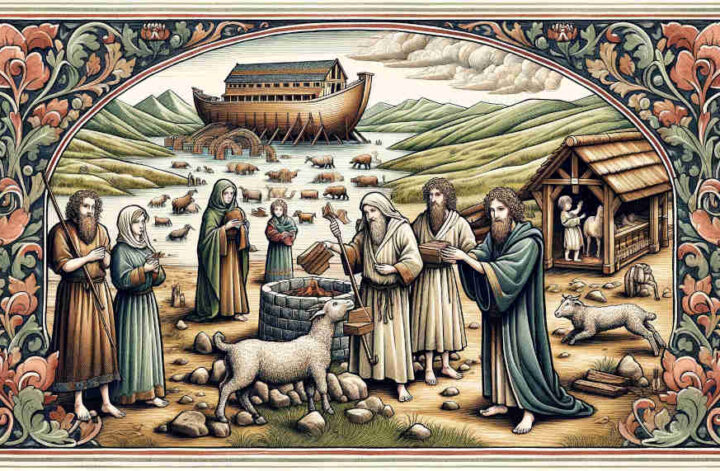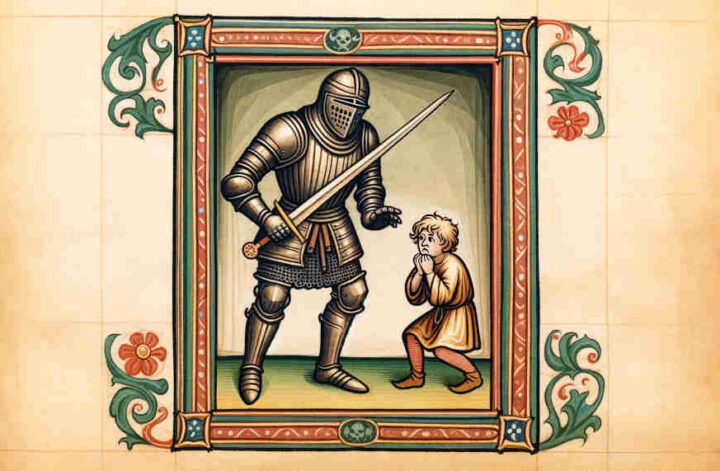Inquiry About Fasting in Jewish Tradition
Email from Joshua Klein: “Dear Rabbi Joshua, I know that fasting is a part of many religious traditions. Could you tell me when Jews fast?”
Response from Rabbi Joshua
Shalom Joshua, fasting is indeed an integral aspect of Jewish spiritual practice. There are several fasts observed throughout the Jewish year, each with its own historical and religious significance.
Major Fasts in Judaism
The most solemn fast is Yom Kippur, the Day of Atonement, which is observed on the 10th day of the Hebrew month of Tishrei. It is a day dedicated to repentance and reflection on one’s actions, and it is considered the holiest day of the Jewish year.
Additional Fasting Days
There are other fasts as well, including:
- Tisha B’Av: Commemorating the destruction of the First and Second Temples in Jerusalem and other tragedies in Jewish history.
- Tzom Gedaliah: Mourning the assassination of Gedaliah Ben Ahikam, which marked the end of Jewish autonomy following the destruction of the First Temple.
- Tenth of Tevet: Remembering the siege of Jerusalem by Nebuchadnezzar II of Babylonia, an event that led to the destruction of the First Temple.
- Seventeenth of Tammuz: Marking the breach of Jerusalem’s walls by the Romans in 70 CE before the Second Temple’s destruction.
- Ta’anit Esther: The Fast of Esther, observed before Purim, commemorates the fast observed by the Jewish community of Persia at Esther’s request.
Purpose of Fasting
Fasting in Judaism serves multiple purposes. It is a means of repentance, a way to commemorate tragic events in Jewish history, and a discipline of the body to inspire reflection and spiritual renewal.
Personal and Communal Observance
While these fasts are traditionally observed by the entire Jewish community, individual Jews may observe additional fasts for personal reasons, such as in times of trouble or before important life events.
Conclusion
Joshua, fasting is a time-honored practice in Judaism, providing moments for introspection, humility, and connection to our history and traditions. If you have any further questions about Jewish practices, please do not hesitate to reach out.
Best wishes,
Rabbi Joshua



